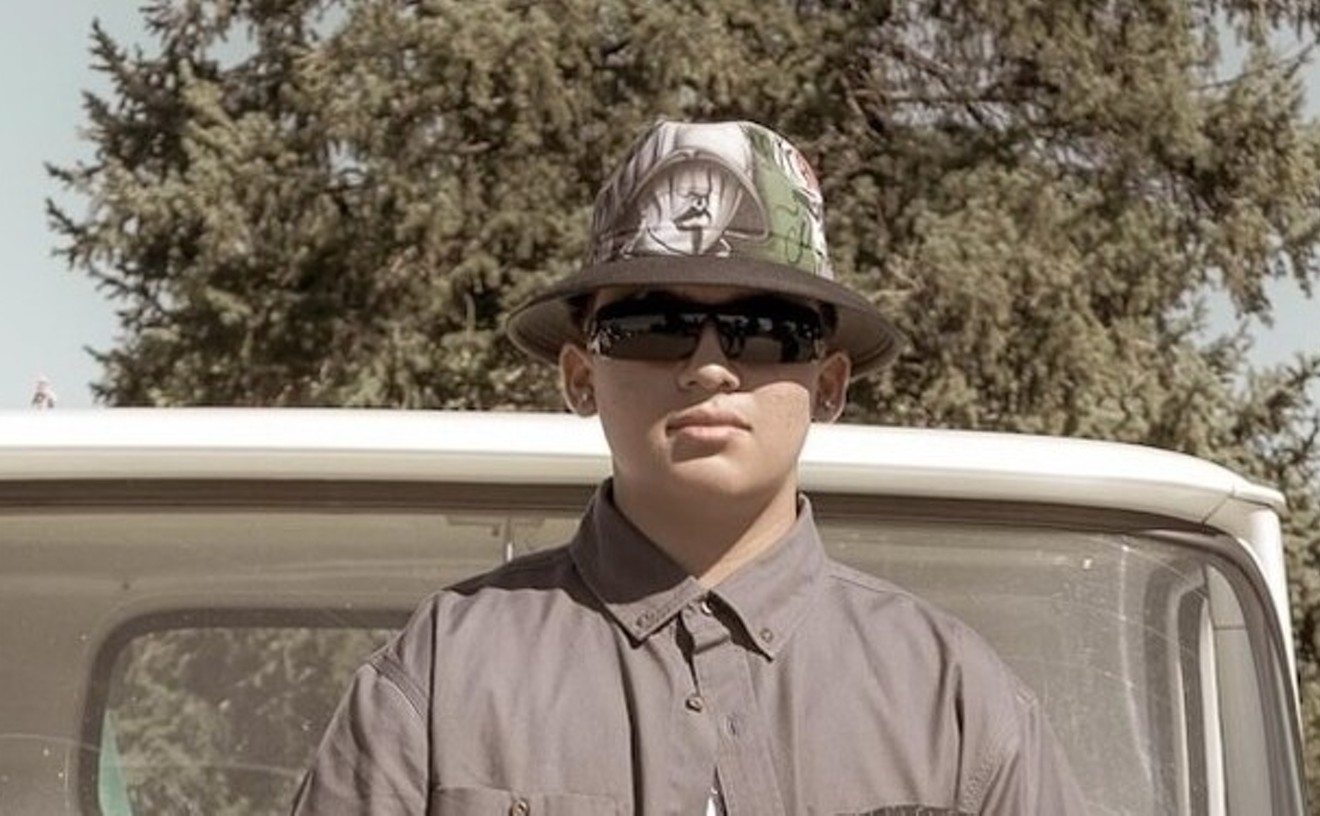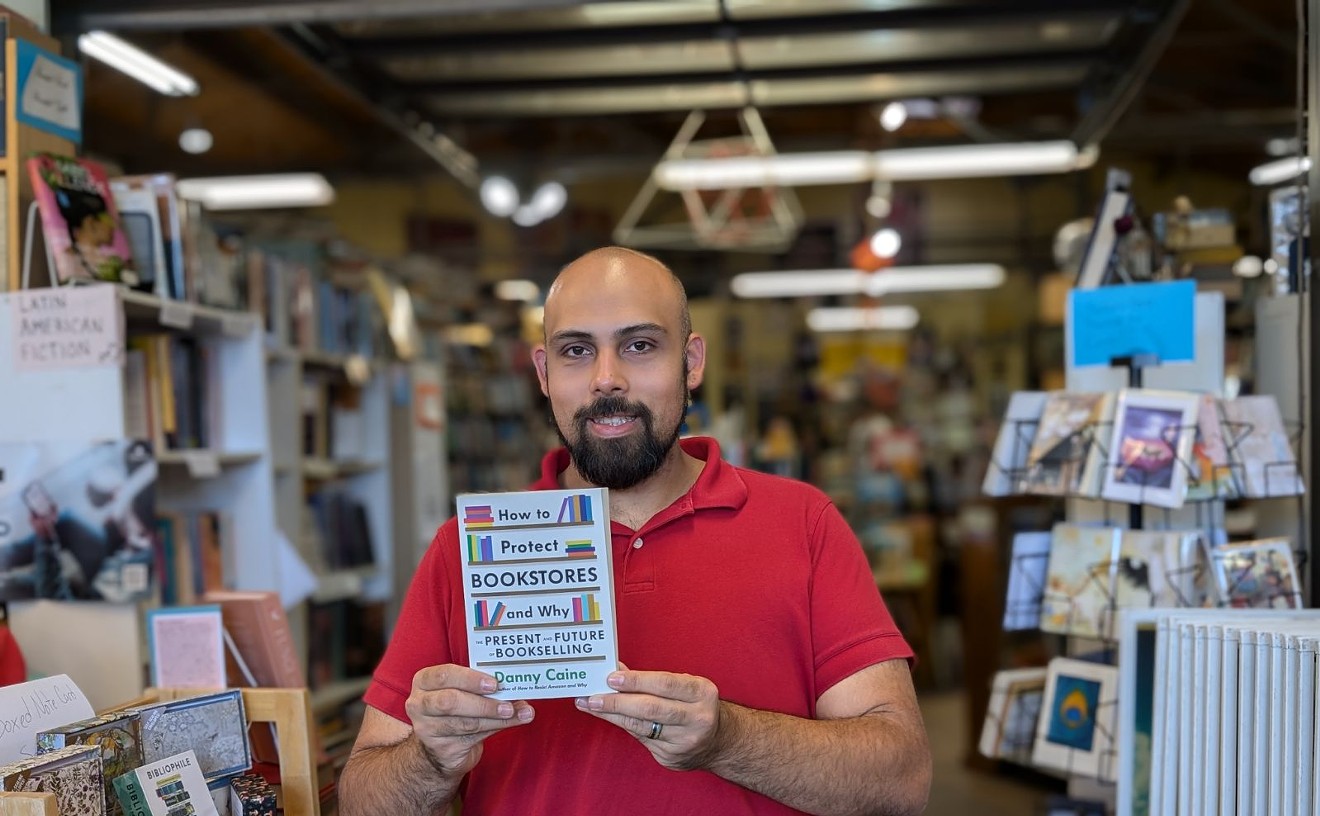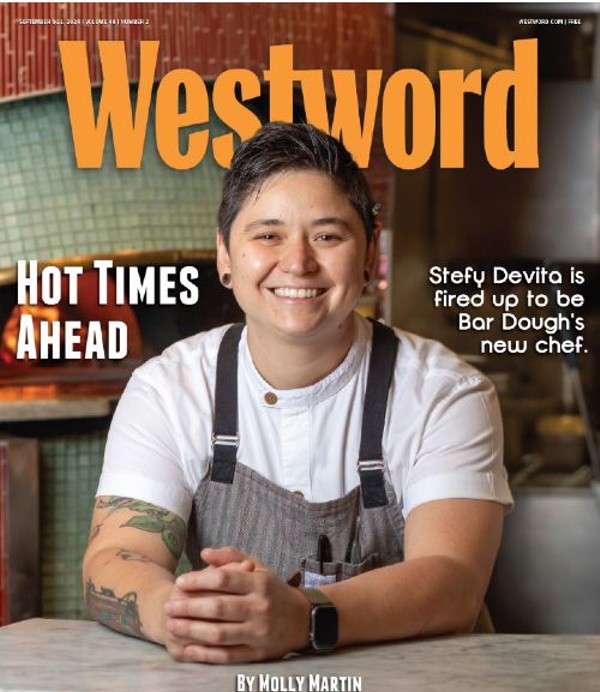"It is rooted in the rhythm of Africa," says Robinson, founder and executive artistic director of the dance troupe.
This rendition was created by Bahian choreographer Jelon Vieira and focuses on African ritual. It takes place in the middle of modern-day Carnaval madness in Bahia, Brazil. The setting, says Vieira, brings to light "all the good things life represents: happiness, flirting, movement, dancing and celebration." However, the location is also significant because it is one of the first places West African slaves were taken after crossing the Middle Passage. Bahian people suffered atrocities at the hands of the Portuguese, who had colonized Brazil and tried to extinguish African culture by many means, including the banning of ceremonial drums. Robinson describes this particular act as "evil -- to take something that is their essence. You can't take the drum. It's in our soul."
Despite such brutalities, the Africans persevered, retaining elements of their culture even as they were forced to adapt to new ways. This is reflected in a scene in which Orpheus practices a mixture of Roman Catholicism and African religion called candomblé. He does it at night, when the once-forbidden syncratic religion flourished in secrecy. The production exploits this nocturnal setting; as Robinson points out, there is an energy in darkness that can be both powerful and beautiful.
Energy is vital to Orfeu Negro. In particular, the ballet captures the vivaciousness of Brazilian festivals. Unlike the 1959 movie Black Orpheus, which is set in Rio de Janeiro, Orfeu Negro draws on the culture of Bahia. "They seem like two different worlds," Vieira says. "Even the way we samba in Bahia is different [from Rio] -- the way we move the feet and hips." The choreography is filled with hip-popping samba accompanied by an eclectic mix of live African and Latin music performed by a string quartet from the University of Denver's Lamont School of Music.
When the curtain goes up and the dancers parade out for the opening street-festival scene, the vibe is electric. The infectious movements and grins of the ensemble are designed to keep audiences moving in their seats. But the production, which endeavors to bring the flavor of Bahian culture to the stage, is "not just about turning, kicking, leaping," says Vieira. The concept of spirituality is also emphasized. Orpheus and Eurydice are connected spiritually, and though they are not allowed to share their physical lives together, they unite on a mystical plane in the afterworld.
The legend's core unfolds as the graceful yet powerful Eurydice attempts to fight off a force that ultimately destroys her. Mira, who represents jealousy and hatred, longs for Orpheus's affection, and when it is denied, she kills both lovers. But while their deaths are brought on by jealousy and hatred, love triumphs in the end.
"Orpheus reminds us how destructive evil can be to destroy a love that is so ancient," says Robinson. Still, there is hope. In some ways, death is not merely a negative force, but an essential part of renewed life. For Orpheus and Eurydice, mortality allows their union and creates a tale worth restaging.











